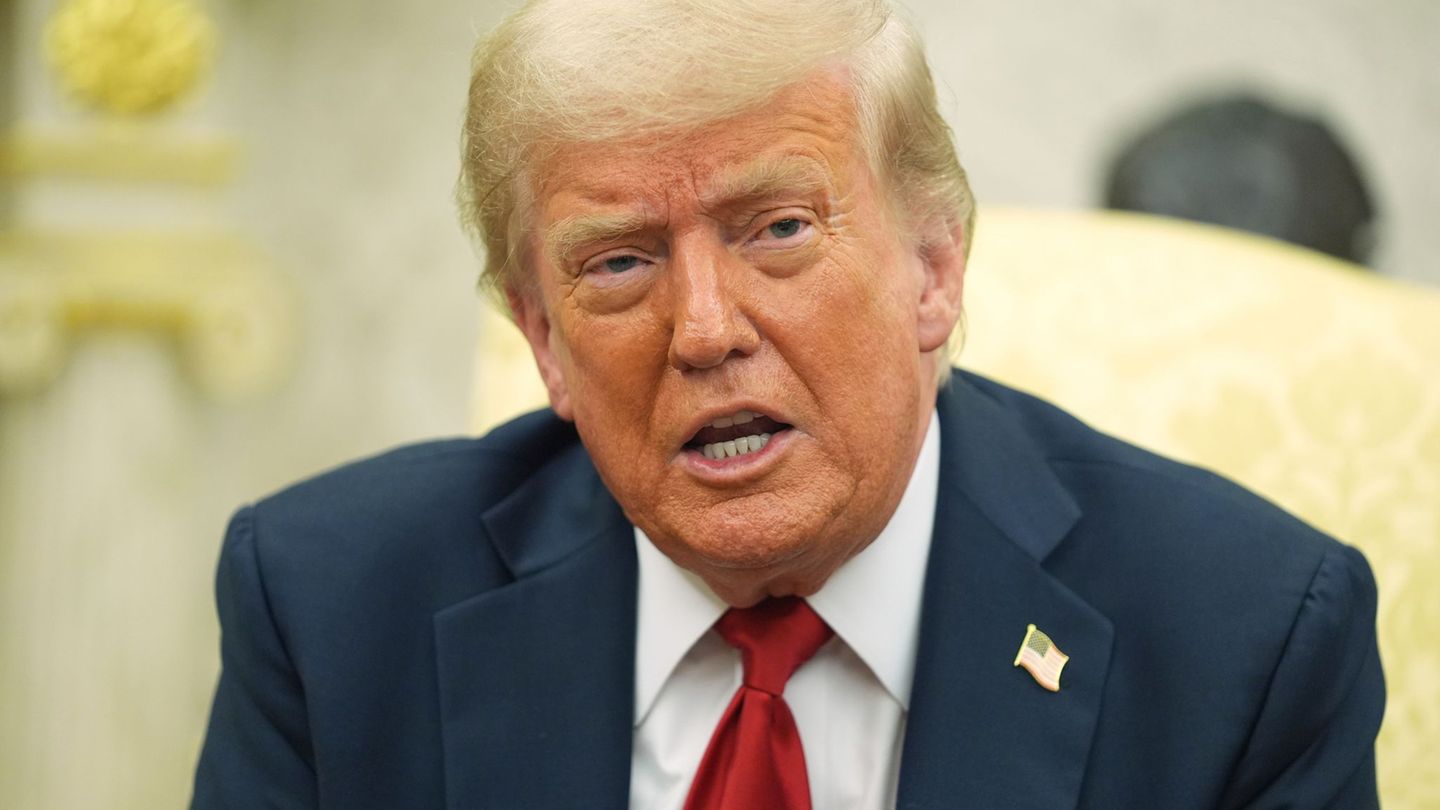Stars of the hit series ‘Breaking Bad’ and ‘Better Call Saul’ have joined the striking actors in Los Angeles.
The US actors’ union SAG-AFTRA has been on strike for 47 days now, largely paralyzing operations in Hollywood. Yesterday, Tuesday (29 August), actors from the two hit series “Breaking Bad” (2008-2013) and “Better Call Saul” (2015-2022) gathered in front of Sony Studios near Los Angeles for a somewhat different reunion Art: Stars like Bryan Cranston (played Walter White, 67), Aaron Paul (Jesse Pinkman, 44) or Rhea Seehorn (Kim Wexler, 51) joined the strikers there and showed the flag in front of the production facility.
Bryan Cranston: “Actors have to be people”
As in New York a few weeks ago, “Breaking Bad” actor Cranston gave a speech to the assembled crowd. “All we want is an equitable arrangement that allows working actors to pay bills, pay rent and buy groceries for their families,” the 67-year-old said. Cranston also called on the producers’ association AMPTP to return to the negotiating table.
Not a penny for Netflix evaluation of “Breaking Bad”
Cranston’s “Breaking Bad” colleague and partner Aaron Paul also commented on the background to the actors’ strike. Paul explained that as one of the two leads in the Netflix crime series, on which “Breaking Bad” is available, he wouldn’t see a penny. That, according to Paul, is “crazy”. In his view, many streaming services are now becoming aware “that they got away with not paying people a fair wage”.
Although “Breaking Bad” is a production of the US cable channel AMC, it is still very popular on Netflix around ten years after the end of the series in many parts of the world – including Germany. In the olden days – before the advent of streaming – an actor like Paul would have likely received millions of dollars in annual checks for the secondary exploitation of the series in TV reruns or DVD sales.
“Breaking Bad” actor Cranston also addressed another argument put forward by the strikers. Actors and screenwriters in the US film industry fear that they will face strong competition from artificial intelligence in the foreseeable future. Naturally, the Hollywood studios would not have to compensate for this performance to the same extent as human contributions.
With regard to a possible agreement with the AMPTP, Cranston now explained: “This contract will contain a sentence that says: ‘Actors must be people.'” The same applies to a possible agreement between the Writers Guild of America (WGA) and the producers . “We never had to imagine it, but now it’s here,” said Cranston.
Source: Stern
I am an author and journalist who has worked in the entertainment industry for over a decade. I currently work as a news editor at a major news website, and my focus is on covering the latest trends in entertainment. I also write occasional pieces for other outlets, and have authored two books about the entertainment industry.




